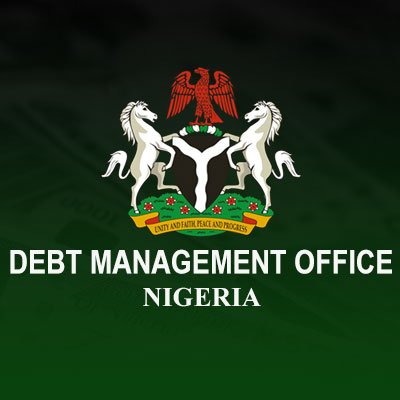Nigeria, Africa’s largest economy, is grappling with a mounting debt burden, and experts point to low revenue generation as a significant factor exacerbating the country’s financial challenges.
The combination of dwindling revenue sources, inconsistent tax collection, and overreliance on oil exports has strained the nation’s economy, contributing to its rising debt levels.
According to recent reports from the Nigerian Debt Management Office (DMO), the country’s total public debt has been steadily increasing over the past years, reaching alarming levels.
The Director-General of the DMO, Patience Oniha, told the News Agency of Nigeria (NAN) on Sunday in Abuja, that the current debt situation poses serious concerns for Nigeria’s economic stability and long-term development prospects.
According to Oniha, a review of Nigeria’s fiscal data shows that not only has the government operated budget deficits, which have been growing, most of the deficits have been funded through local and external borrowing.
“The records show that deficits in the annual budgets, including supplementary budgets, rose to N10.78 trillion in 2023 from N1.62 trillion in 2015.
“Between 82 per cent and 99 per cent of these were funded by new borrowing, which ranged from N1.46 trillion in 2015 to N8.80 trillion in 2023,” she said.
The DG advised the incoming administration to accelerate the growth in revenues to ensure debt sustainability, as the primary reason behind the country’s escalating debt can be attributed to the significant decline in revenue generation.
Nigeria, being an oil-dependent economy, heavily relies on oil exports as a major source of revenue. However, the volatility of global oil prices and disruptions in the oil sector have severely impacted Nigeria’s income.
Additionally, the diversification of revenue sources has been slow, leaving the country highly vulnerable to fluctuations in oil prices. Non-oil revenue streams, such as taxation, have not been maximized to their full potential due to a combination of factors, including weak tax administration, widespread tax evasion, and an informal economy that often goes untaxed.
Experts argue that Nigeria’s low revenue generation has limited the government’s ability to finance its expenditures and meet its financial obligations, leading to increased borrowing, both domestically and internationally, to fund infrastructure projects, social programs, and the day-to-day operations of the government.
The rising debt levels have raised concerns about the sustainability of Nigeria’s borrowing and the potential long-term consequences on the country’s economy as the International Monetary Fund (IMF) has warned that a significant reduction in foreign lending to Nigeria and other African countries is imminent.
To address the issue, economic experts stress the urgent need for Nigeria to diversify its revenue base by prioritizing non-oil sectors such as agriculture, manufacturing, and services.
Additionally, there is a call for prudent debt management practices, transparency, and accountability to ensure borrowed funds are used efficiently and effectively.
The Nigerian government has acknowledged the challenges posed by low revenue and rising debt and has initiated measures to address the situation.
These measures include ongoing reforms aimed at improving tax collection, attracting foreign direct investment, and diversifying the economy away from oil dependency.
However, it will require sustained efforts, strong governance, and effective implementation to reverse the current trend and put Nigeria’s debt burden on a more sustainable path.

